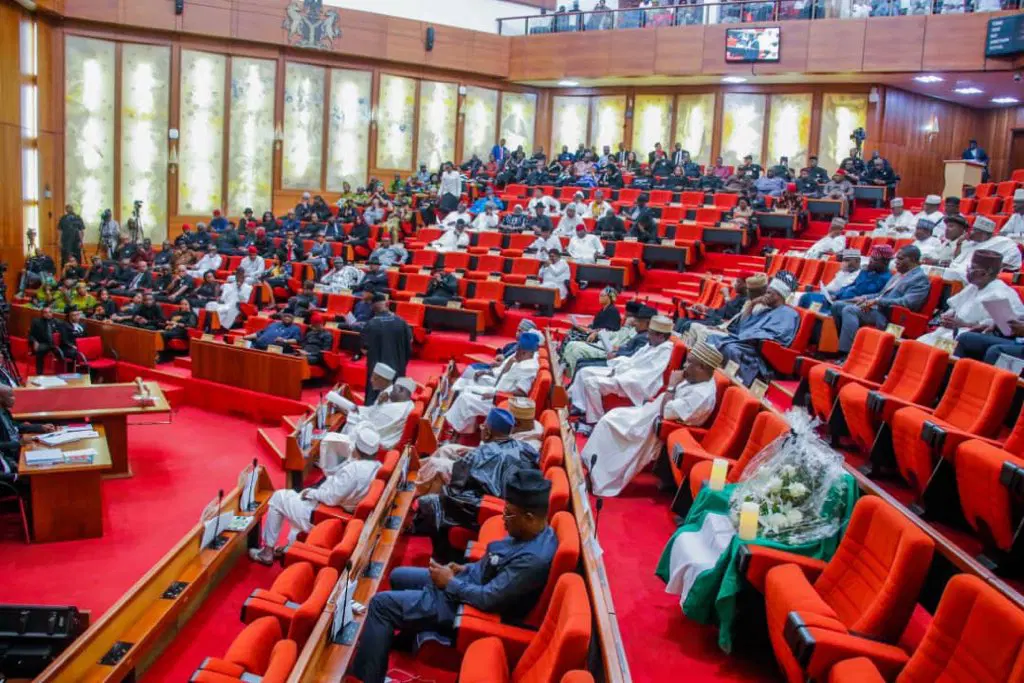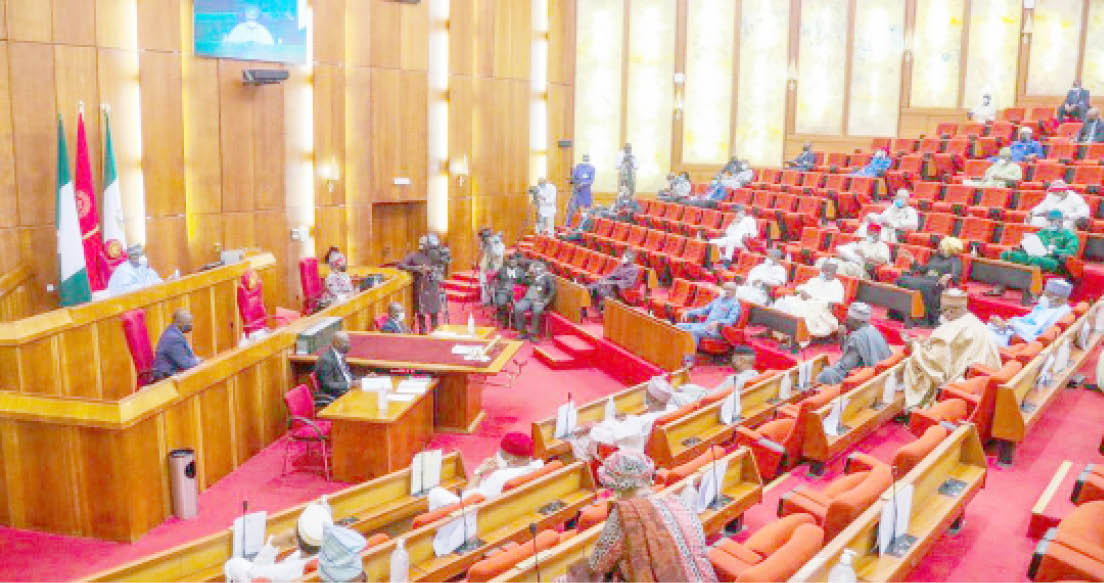In a significant move aimed at strengthening Nigeria’s electoral system, the Senate has officially terminated the appointments of three Resident Electoral Commissioners (RECs) following a request from President Bola Tinubu.

This decision, anchored on Section 157(1) of the 1999 Constitution (as amended), serves as a clear warning against electoral malpractice and a step toward sanitizing the country’s electoral process.
The affected officials, Dr. Nura Ali (Sokoto State REC), Barrister Hudu Yunusa Ari (Adamawa State REC), and Professor Ikemefuna Chijioke Uzochukwu (Abia State REC), had been suspended since 2023 over allegations of electoral misconduct, including violations of the Electoral Act, election compromise, fraud, and abandonment of duty.
Their removal marks a bold stance against corrupt practices that have long undermined Nigeria’s democracy.
A Strong Deterrent Against Electoral Fraud
- Setting a Precedent for Accountability
By terminating the appointments of these officials, the government reinforces the message that electoral misconduct will not be tolerated. It sets a precedent that those entrusted with overseeing elections must uphold integrity and neutrality. - Rebuilding Public Trust in Elections
Electoral fraud and compromise have eroded public confidence in Nigeria’s elections. The removal of compromised RECs signals an effort to restore faith in the process and assure Nigerians that their votes will count. - Curbing Political Manipulation of Election Officials
The case of Barr. Hudu Yunusa Ari, who unlawfully declared a governorship election result outside his jurisdiction, highlights the dangers of undue influence on election officials. His removal reinforces the need for strict adherence to due process.
A Step Toward Electoral Reform
- Strengthening INEC’s Independence
Electoral bodies must be insulated from political interference. Ensuring that RECs remain professional, neutral, and accountable will improve the credibility of elections. - Enforcing the Electoral Act
The termination of these officials emphasizes the need to strictly enforce Nigeria’s Electoral Act. This move must be followed by more reforms to close loopholes that enable election manipulation. - Enhancing Security Oversight
The revelations from the National Security Adviser and the Department of State Services (DSS) about bribery and electoral compromise show the importance of security agencies in monitoring election integrity. Future appointments must involve thorough background checks to prevent infiltration by corrupt elements.
Beyond Termination: The Next Steps
While the removal of the three RECs is commendable, further steps are necessary to solidify Nigeria’s electoral reforms:
- Prosecution of Electoral Offenders: If found guilty, the dismissed officials should face legal action to reinforce accountability.
- Transparent Appointment of RECs: The process of appointing new election officials should prioritize competence, integrity, and non-partisanship.
- Technology-Driven Elections: Strengthening the use of technology in elections can minimize human interference and reduce fraud.
The Senate’s decision sends a strong signal that electoral misconduct will have consequences.
However, this action must be part of a broader commitment to ensuring free, fair, and credible elections in Nigeria.
The fight against electoral corruption is ongoing, and only sustained reforms will secure the nation’s democracy.

